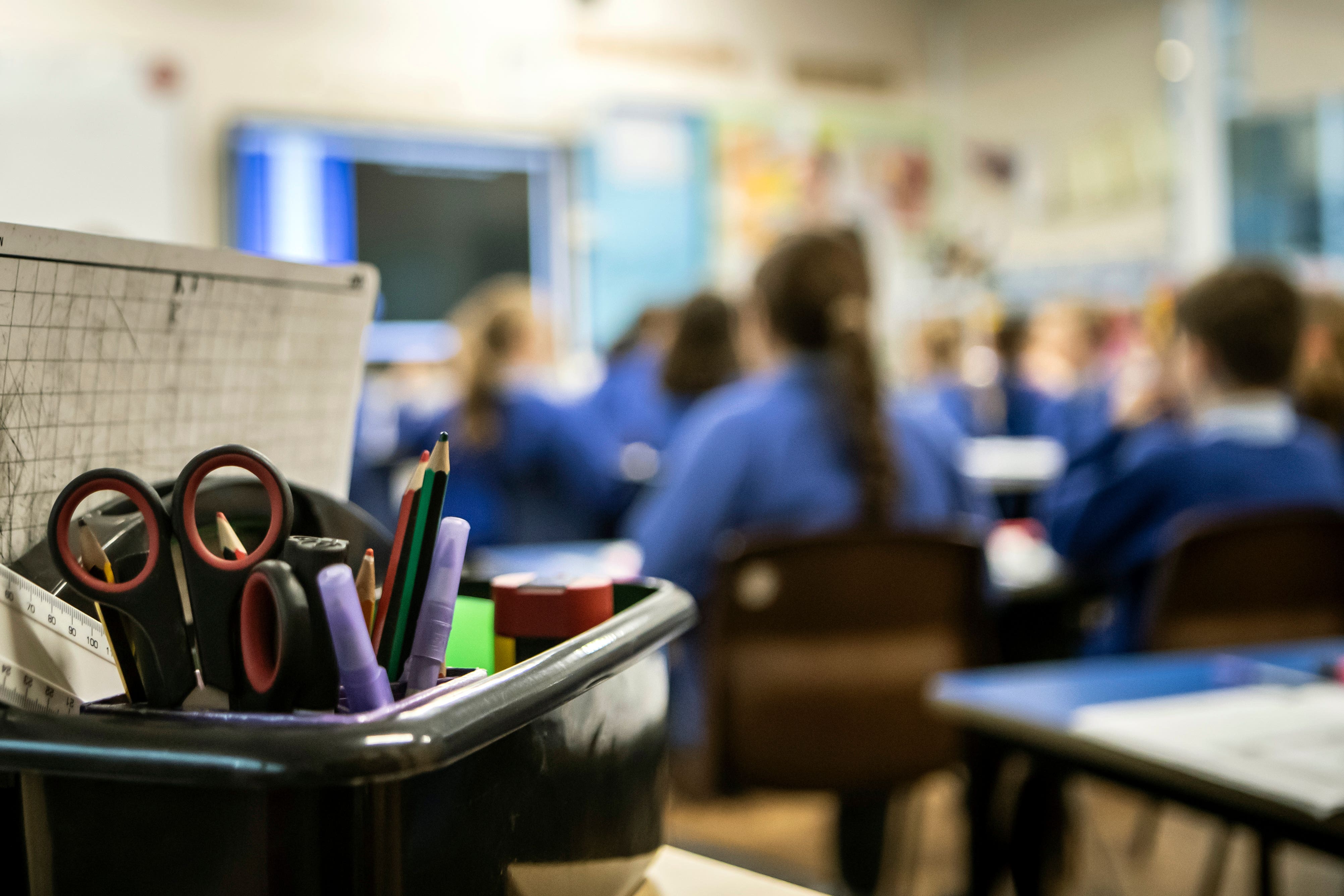Nearly half of primary school governors say budgets hit by falling pupil numbers
The proportion of governors and trustees who say ‘balancing the budget’ is their top challenge has reached a record, a survey suggests.

Your support helps us to tell the story
From reproductive rights to climate change to Big Tech, The Independent is on the ground when the story is developing. Whether it's investigating the financials of Elon Musk's pro-Trump PAC or producing our latest documentary, 'The A Word', which shines a light on the American women fighting for reproductive rights, we know how important it is to parse out the facts from the messaging.
At such a critical moment in US history, we need reporters on the ground. Your donation allows us to keep sending journalists to speak to both sides of the story.
The Independent is trusted by Americans across the entire political spectrum. And unlike many other quality news outlets, we choose not to lock Americans out of our reporting and analysis with paywalls. We believe quality journalism should be available to everyone, paid for by those who can afford it.
Your support makes all the difference.Nearly half of governors and trustees in primary schools across England have had their finances affected by falling pupil numbers, a survey suggests.
Three in five (60%) school governors and trustees said “balancing the budget” is their top challenge, up from 52% last year, according to the National Governance Association (NGA) poll.
The charity said the proportion of respondents who cited it as the biggest challenge has reached a record since the annual survey began in 2012.
The figure highlights the “growing financial strain” on schools and academy trusts, the NGA report said.
Overall, nearly two in five (39%) school governors and trustees said their finances have been impacted by falling pupil numbers.
The figure is higher in primary schools (45%) than in secondary schools (23%).
It comes after a report by think tank the Education Policy Institute (EPI) in April warned that falling pupil numbers could force some primary schools to close.
A population bulge that began in the early 2000s in England has been moving from primary schools into secondary schools in recent years.
The survey, of 3,043 governors and trustees in state schools in England in April and May, suggests the issue of falling pupil numbers has increased over the last three years.
Nearly a fifth (19%) of respondents this year said falling pupil numbers was their top concern.
The figure was higher in a number of regions including London, where it was 28%.
The report said falling pupil numbers are affecting “an increasing swathe of the educational landscape” and schools are “braced for a seismic impact”.
It added: “A lack of affordable housing in large cities such as London has been a driver of falling pupil numbers for some years now, as families are pushed into more affordable areas. This will present as a challenge for both primary and secondary phases.
It's clear that without immediate, systemic reforms and significant investment in our schools, we risk failing a generation of children
“However, we are now seeing increasing numbers of respondents across all regions citing falling pupil numbers as one of their top challenges in setting a balanced budget, which will inevitably lead to a fall in funding levels that will not be levelled out by a fall in costs.”
The poll also suggests nearly half (49%) of governors and trustees believe the condition of school buildings is having a negative impact on the learning environment.
Nearly three in five (59%) also reported reducing or cutting the teaching of certain subjects due to budget constraints, which the report called “worrying”.
The report calls on the Government to allocate funding saved by falling rolls to increase pupil premium and per-pupil funding, and to urgently invest in “crumbling school buildings” and increase funding for Send (special educational needs and disability) provision.
Sam Henson, deputy chief executive of the NGA, said: “The result of this survey paints a stark picture of an education system under relentless strain.
“We’re witnessing the far-reaching impact of financial pressures across every facet of education, where almost nothing now remains untouched – from curriculum to wellbeing, Send provision to sustainability.
“It’s clear that without immediate, systemic reforms and significant investment in our schools, we risk failing a generation of children.
“We now have a new Government and we hope as they take in these findings, they conclude the time for decisive action is now.”
A Department for Education spokesperson said: “Schools are the key to driving high and rising standards in education and delivering our mission to break down the barriers to opportunity.
“We understand the concerns schools are raising around their budgets and while this cannot be fixed overnight, we are focused on ensuring that state schools have the resources they need to allow children to thrive.”